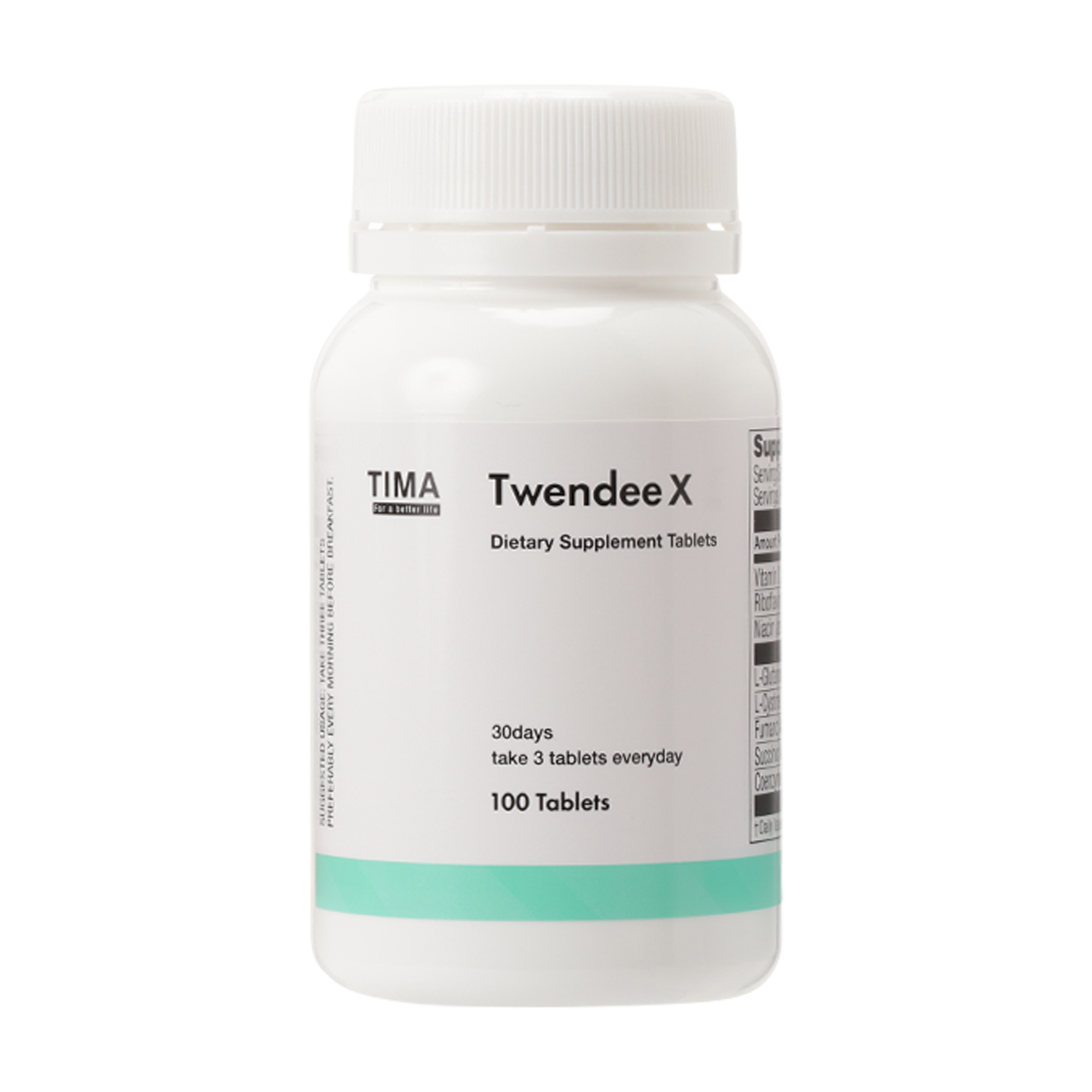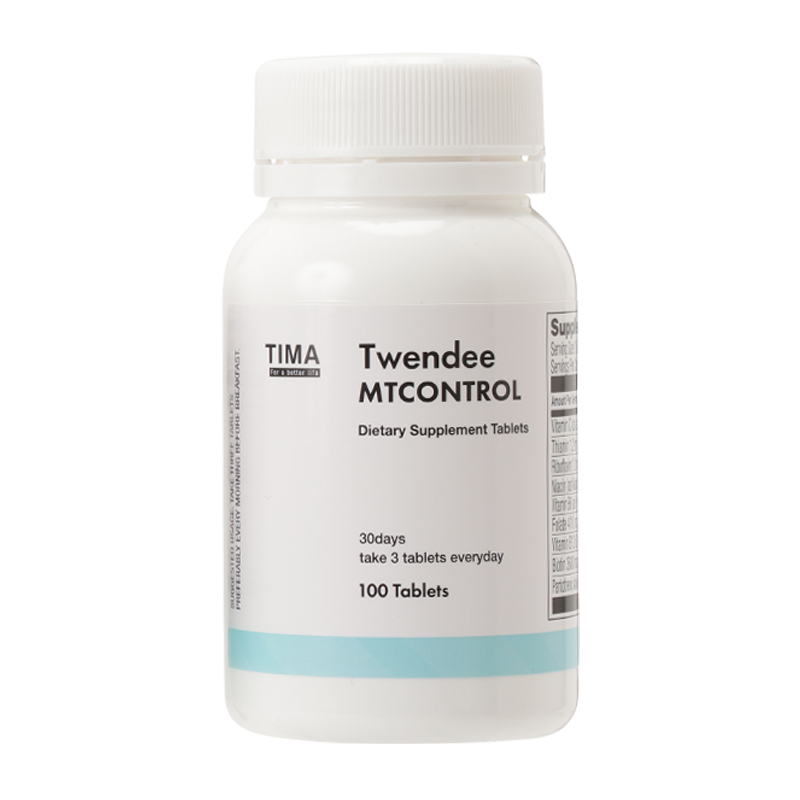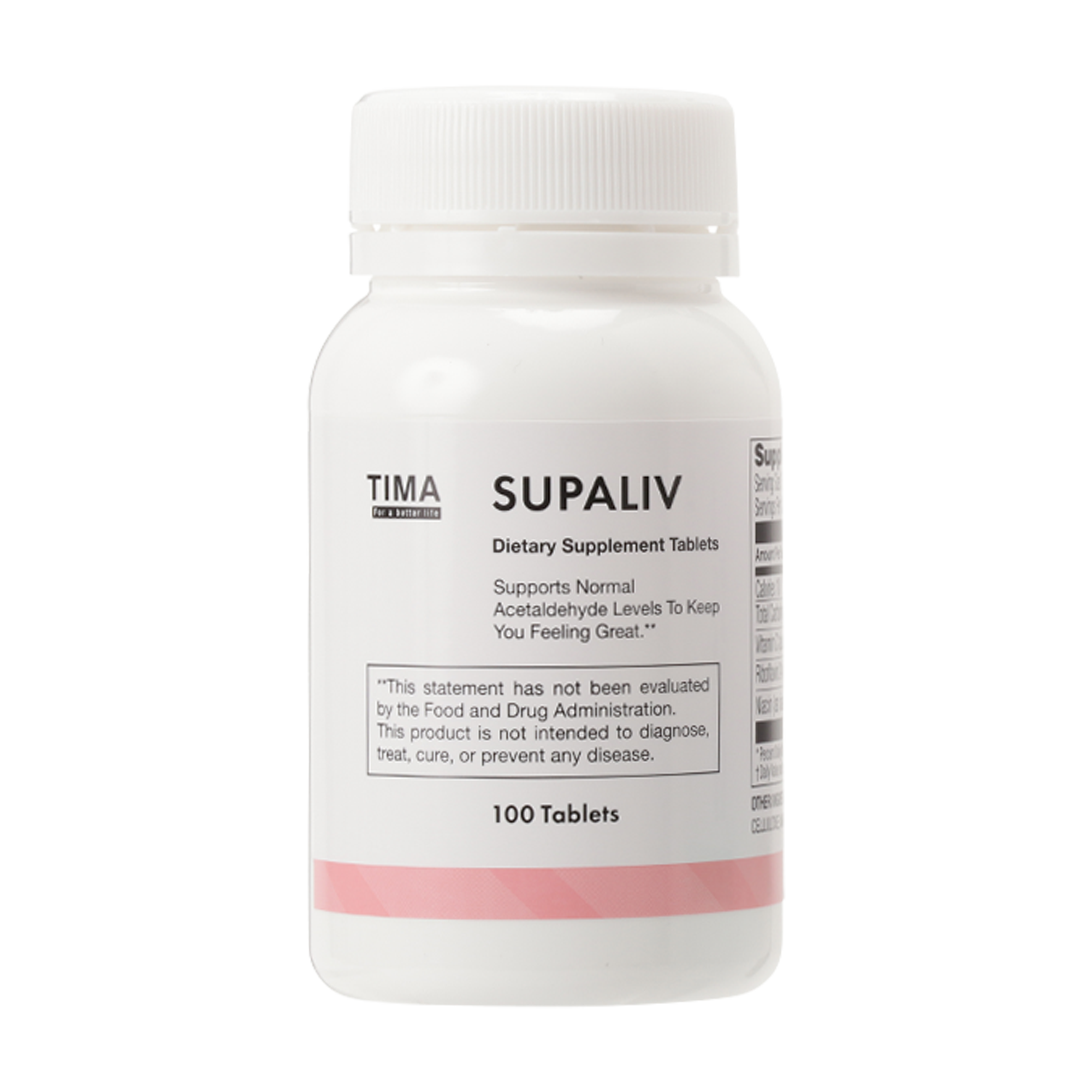Thesis on Oxidative Stress and "arteriosclerosis"
- Paper title
- Some current insights into oxidative stress.
- Abstract summary
- Oxidative stress can play a role in the regulation of other important processes through modulation of signal pathways.
- Authors
- Z. Ďuračková
- Journal
- Physiological Research
- Semantic Scholar URL
- https://semanticscholar.org/paper/afee349976623aa11886c0fa42405b322c3ba798
- Abstract
-
Oxidative stress is a phenomenon associated with pathogenetic mechanisms of several diseases including atherosclerosis, neurodegenerative diseases, such as Alzheimer’s and Parkinson’s disease, cancer, diabetes mellitus, inflammatory diseases, as well as psychological diseases or aging processes. Oxidative stress is defined as an imbalance between production of free radicals and reactive metabolites, so-called oxidants, and their elimination by protective mechanisms, referred to as antioxidative systems. This imbalance leads to damage of important biomolecules and organs with potential impact on the whole organism. Oxidative and antioxidative processes are associated with electron transfer influencing the redox state of cells and the organism. The changed redox state stimulates or inhibits activities of various signal proteins, resulting in a changed ability of signal pathways to influence the fate of cells. At present, the opinion that oxidative stress is not always harmful, has been accepted. Depending on the type of oxidants, intensity and time of redox imbalance as well as on the type of cells, oxidative stress can play a role in the regulation of other important processes through modulation of signal pathways, influencing synthesis of antioxidant enzymes, repair processes, inflammation, apoptosis and cell proliferation, and thus processes of malignity. Imprudent administration of antioxidants may therefore have a negative impact on the organism.








